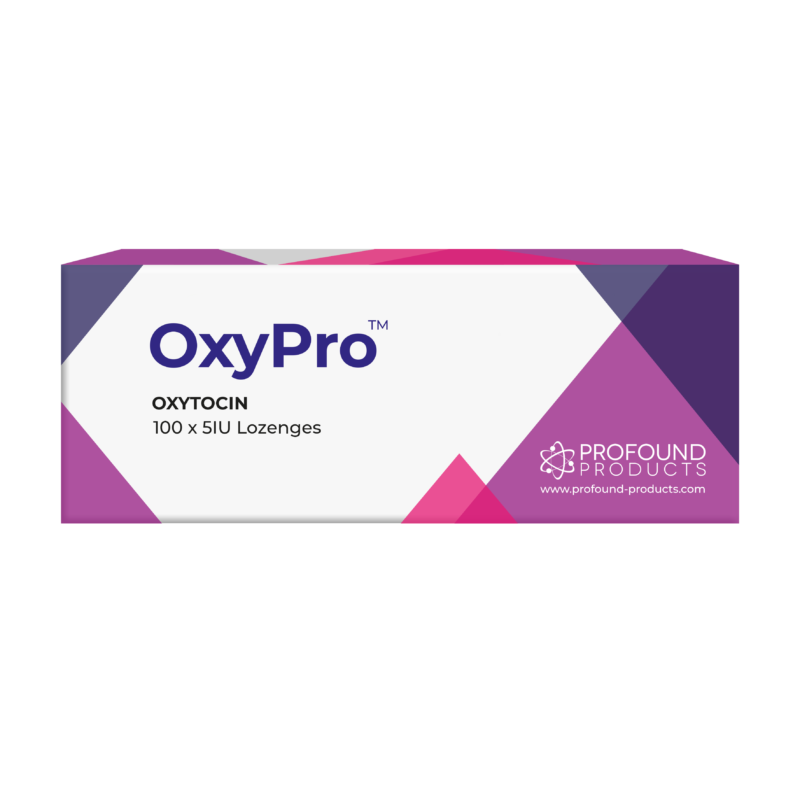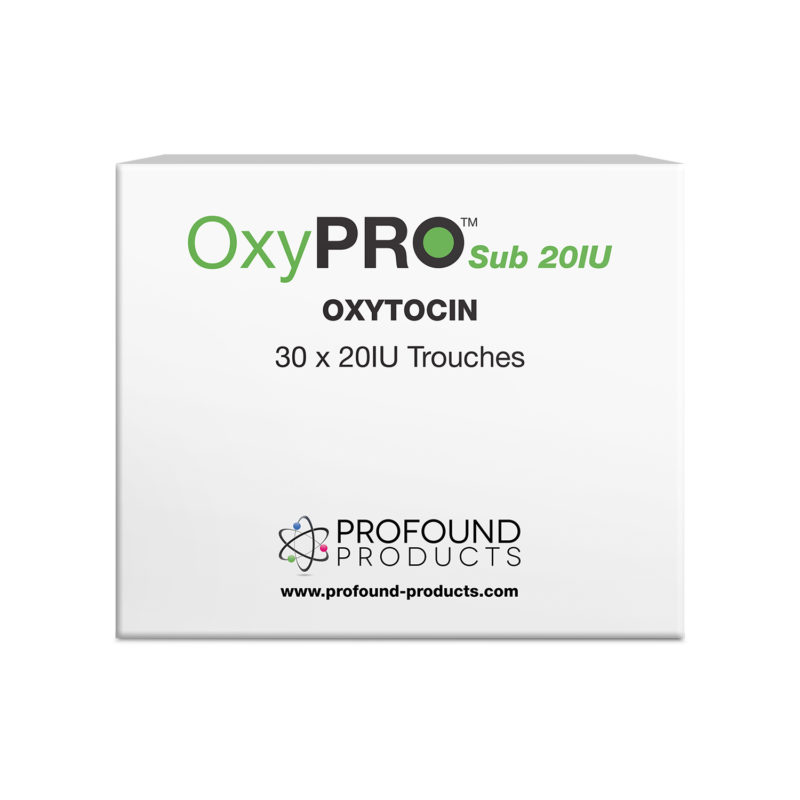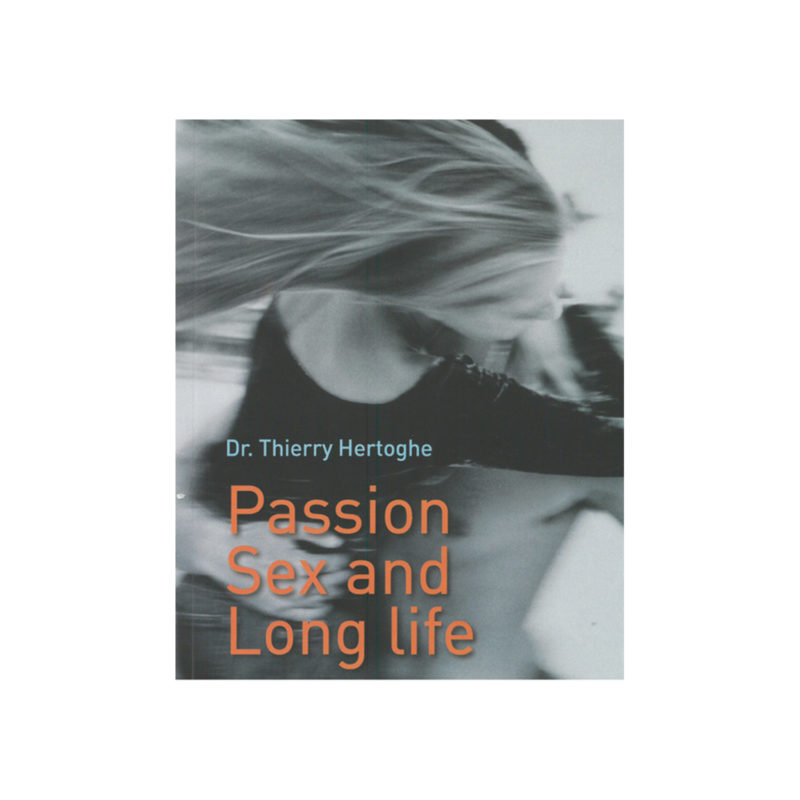Dr. Thierry Hertoghe discusses oxytocin
Dr. Thierry Hertoghe is one of Europe’s finest hormone therapists (a physician experienced in hormone therapy) and one of the world’s leading anti-aging physicians. He operates from his clinic in Brussels, Belgium and is in constant demand around the world for his insightful lectures and training programs. His books, both for the public and the health professional are legendary in terms of their practicality and ‘how to’ guides and they include; ‘the Hormone Solution’, ‘the patient Hormone Handbook,’ the physician “Hormone Handbook,’ the Atlas of Endocrinology for Hormone Therapy’ and ‘Passion, sex and long life- the Oxytocin adventure.’
Dr. Hertoghe is currently the President of the World Society of Anti-Aging Medicine and President of the International Hormone Society.
In this interview conducted in July 2011, Phil Micans of IAS asks Dr. Hertoghe questions about oxytocin.
Phil: “My first question Thierry is what prompted you to write your new book; Passion, sex and long life- the Oxytocin adventure?”
Dr. Hertoghe: “It was from the good feeling oxytocin inspired. I understood that this is a hormone that many people need. Many people are deficient in this hormone and are lacking the important beneficial effects that it provides. I wanted to share my knowledge about it and also share my personal experience with it so that it can also help other people.”
Phil: “May I ask you then, what have been your personal experiences and observations with using oxytocin?”
Dr. Hertoghe: “Well when I started taking it myself I did it first as an experiment, to see how it would work and at first I was not really aware of what it was doing to me. I was taking a small dose and had in that time to meet a lot of strangers because I went to buy a horse for my eldest daughter – who is very enthusiastic about horseback riding. We visited many horseback riding clubs to try to find a horse for her and it took a lot of time to find the right one. I’m a very active person, so usually I’ve no time for chit-chat, I tend to go straight to the point and I do it very quickly. Yet, now after oxytocin I was enjoying chatting with people, even talking with the horses! So it seemed like oxytocin made me more sociable and warm-hearted. These ‘side effects’ were a little unexpected, I didn’t really know about the sociability effect of oxytocin then, but here I was experiencing strong socialable effects. This was the first thing I noticed, then after several weeks I really saw that I had very great easiness with coming into contact with people, plus I felt that I enjoyed it too. Sexually I didn’t notice any improvement to my erections, but when I was leaving my wife in the morning, or when I was just a short distance from her, I felt that she was really ‘under my skin.’ Just 5 metres from her I suffered, but it was sufferance of all the good souvenirs we had together. So it made me much more attached in a romantic way and this was for me surprising, because I thought the attachment was passion and here the attachment was a deep warm-hearted feeling. So it made me feel things more intensely and now I understand much better other people who have high levels of oxytocin.”
Phil: “It’s a shame Prince Charles didn’t know about oxytocin when he married Diana!” (ha ha)
Dr. Hertoghe: “I’m sure it would have improved things for him and we should give it to many inhabitants of Northern Europe, but perhaps to be careful to give it to Latin peoples as they might become too affectionate! That was also one of the things I experienced when I took a little bit too much of a higher dose – I became too affectionate. My wife liked it actually, but I did feel uncomfortable having lost my dependency a little bit too much, although overall it was a very pleasant sensation.”
Phil: “I think most people have heard about the injectable oxytocin to induce child labour, but how subtle are the differences when the different applications are used, for example the injectables and the sublingual trouches. Are there any differences between those applications?”
Dr. Hertoghe: “There is a real difference in applications. The injectables are the best forms for induction of labour. It’s also the best form to have a profound effect of relaxing the muscles which is good for uses like when people have pain in the muscles and tendons and there is no other solution. The sublingual oxytocin is much more for sociability and sexuality. The sublinguals make orgasms more intense and easier to cum and also more sociable, there is also a sustained release form which is swallowed and assured to be absorbed through the intestine, but that doesn’t seem to work so well for sociability and for sexuality. So you need a quicker form for sociability and the sublingual is the quicker form and you don’t need to absorb much of it through the mucous membrane- that way permits a quick and a stable action.”
Phil: “Outside of pregnancy what sort of medical uses has oxytocin been studied for?”
Dr. Hertoghe: “It has not so much been studied outside of child birth- except for orgasm- and for that it seems to work better in women than it does for men. Although men do experience an effect you can recognise. In the animal studies it’s highlighted for its sociability and social factor. It has been shown that romantic anxiety is higher in people who have high oxytocin levels. Higher levels give higher sociability in people too. That has been shown. So the administration outside of pregnancy and milk production has been mostly done in the study of sexuality.”
Phil: “That is interesting because of course the general media have dubbed oxytocin ‘the love drug.’ But just how effective is it in helping to establish better bonding and relations? Plus, I was wondering does that mean it only works between lovers, or can it also influence family and friendships relations too?”
Dr. Hertoghe: “In my experience, in most of my patients and myself using it, it works to increase all relationships that you have- even if you have hostile relationships- you will often find those people more sympathetic. Because even thought it might be hostile relations you still have better human feelings for them. It’s that positive. The greater the intensity of the contact that you have with the person the better oxytocin works for that attachment. This means the attachment will be greatest generally for the partner or the spouse and then for the children and the family, then the friends, then the people in the office, then people you’ve just met and so on. You have a good chance to see that all your relationships are positively influenced.”
Phil: “This makes me think we should definitely be putting it in the United Nations drinking water!”
Dr. Hertoghe: (ha ha) “Yes, in all the politicians water! Then we would finally have a government in Belgium too! Did you know that there is a woman journalist in England who has done an article where she took her blood levels of oxytocin many times every time she met somebody? It has been published online. She had the highest oxytocin level when she was meeting her daughter, yet when she was meeting her lover it was the lowest… She concluded that she probably didn’t love him enough or well enough yet!”
Phil: “I was wondering about the physical enjoyments of sex with oxytocin, because of course it has been implicated in inducing multi-orgasms in women and enhanced performance for men. I would ask how true is that and how would you compare it to a drug everybody knows such as Viagra?”
Dr. Hertoghe: “Viagra is a drug that enhances the mechanical aspect of sex in men but it does not improve enjoyment. Viagra improves a man’s performance but not his enjoyment, and as sexuality is also love- which means enjoyment, you may need to add oxytocin to really make it perfect or almost perfect. So oxytocin may create the impression that this whole world has marvellous aspects in your life. Hence, I now finally understand more because when you see the world at certain moments there are scenes where everything becomes magic. I like to keep my feet on the ground and to be scientific, but with oxytocin it makes me feel things much more pleasantly, like it’s a fairy tale, something marvellous, it’s very difficult to explain. Oxytocin provides something that is emotionally very positive and very healthy and so it is just the best feeling. Plus, Viagra will not improve ejaculation, but oxytocin will help a man with his ejaculation and orgasm. I would say that oxytocin can be an adjuvant to Viagra or other products of the same type such as Levitra or Cialis for a man who has two problems, problems of erectile dysfunction and problems of ejaculation. For women, there are some women who have no orgasm, but if you give too much oxytocin you can get a too easy orgasm and even a second orgasm.”
Phil: “I can’t remember which doctor it is, but he always relates the story on stage of when he was injecting his patients with oxytocin and some couples had to stop on their way home, they had to pull over in the car because they couldn’t wait to get home and have sex. The funniest story he ever told was of injecting one lady in the clinic with oxytocin– who obviously then started getting that warm sensation and she looked at him and said; “doctor I didn’t realise I liked you so much!” (ha ha) .
Dr. Hertoghe: “Sure I believe this can be possible and there’s a study showing that the women who can have multiple orgasms during sexual intercourse are actually women with high levels of oxytocin. “
Phil: “What would you say are the typical oxytocin doses for men and women?”
Dr. Hertoghe: “The typical doses are between 2.5 and 10 international units (IUs). If a person takes more than 5 international units regularly then it can lower their adrenals, so I’ve backed off a little on the oxytocin doses I originally proposed. When you have an oxytocin deficiency you need to take it every day and you can add an extra 5 IUs extra in the evening, for example when you go to a party, visit people, or when you want to have intercourse and that’s the safest dose. In America they have given 2 x 50 IUs, very high doses to schizophrenics and autistic children and they’ve had good effects. But I think this dose is far too high for the majority and will cause a fatigue due to the drop in cortisol levels and so I would warn people just to do it safely and to take 5 units in the beginning then to slowly and eventually increase it if they don’t have enough effect. I’d recommend waiting at least 3 to 6 weeks before deciding on going on higher doses on a permanent level because some side effects might appear.”
Phil: “I was wondering then, if people don’t experience the results they are looking for- is there anything you can recommend that they can do to alter or improve the performance? I was thinking here about vasopressin or some other hormones.”
Dr. Hertoghe: “It works better in people who get supplementation of sexual hormones, which are considered by many as the hormones of love. It also works better when given with other perhaps more controversial- by which I mean there’s a paucity of studies- like MSH [melanocyte stimulating hormone] or MSH derivatives, which can also improve sexuality a lot. But to my knowledge vasopressin can be useful to boost the efficacy of oxytocin. The hormone vasopressin also has some oxytocin effects because it is made in the same cells of the brain as oxytocin. In addition it is alleged that vasopressin may improve erectile dysfunction, but I think it’s a weak effect. Meanwhile, a poor oxytocin response is more related to a lack of estrogens in women and to a lack of testosterone in men. Proper levels of these hormones can really improve oxytocin’s effects. When oxytocin does not work well, it is often because of a wrong diet. We see that hormone treatments do not seem to work well if individuals eat sweets, sugars, pastas, cereals, milk products or drink alcohol. It may not even work at all, but diet correction can improve the situation within 24 hours. “
Phil: “What about possible side effects or contradictions?”
Dr. Hertoghe: “The main side effect of an oxytocin overdose is generally the lowering of cortisone, but it’s not a dangerous side effect. It means people may experience fatigue and if they really take too much they develop adrenal burnout. It’s not something dangerous, but when you stop the oxytocin overdose you may need sometimes two days to completely restore your cortisol levels before being okay. Excess oxytocin may induce a second effect: a too sticky attitude, by which I mean highly affectionate behaviour, but that’s not something very serious. It is said that the highest levels can increase jealousy, but I haven’t seen a person who was taking oxytocin become more jealous. I think it is more likely true of people who have high endogenous oxytocin levels in the first place.”
Phil: “What is your overall opinion on oxytocin? Is this going to help the masses or is it an enhancement aid for the privileged few?”
Dr. Hertoghe: “I think it’s important to provide it to as many people who need it as possible because it can change the future of persons who need it for the better. I would never in a certain sense want to have lived my life without knowing what this oxytocin effect really is- because it makes life just more enjoyable and in a certain sense beautiful. I think oxytocin is extremely necessary in our modern times. My own country of Belgium is one of those countries where people take too many anti-depressants. Most of these anti-depressants increase serotonin levels, but they also reduce oxytocin levels. For this reason, patients often become emotionally poorly sensitive, sometimes even emotional zombies because they lose their oxytocin. They also lose part of their sexuality because it also decreases their likelihood of achieving orgasm. We are probably missing a point by giving the wrong drugs. Oxytocin could help you to be less depressed. If you have better relationships, oxytocin can really improve the social relationships, which may be efficient enough to relieve depression by itself.”
Phil: “Can we sum up by saying that oxytocin gives you joie de vive. Would that be true?”
Dr. Hertoghe: “Joie de vive, yes, with the warm heartedness that not only benefits oneself but also benefits other persons. I mean that oxytocin can also provide joie de vive to others- because the patient who takes it may behave in a much more sympathetic way.”
Phil: “Fascinating, thank you very much for giving us some of your valuable time.”


